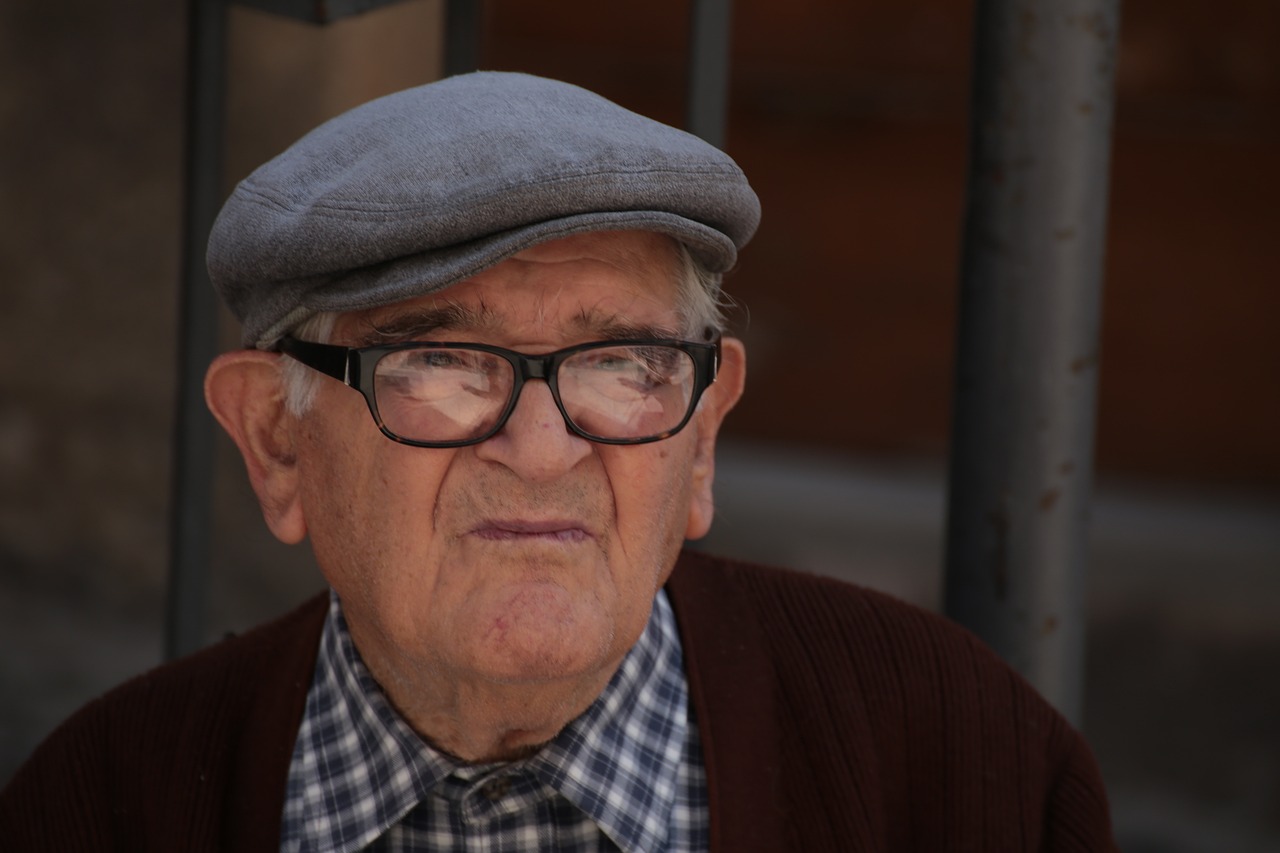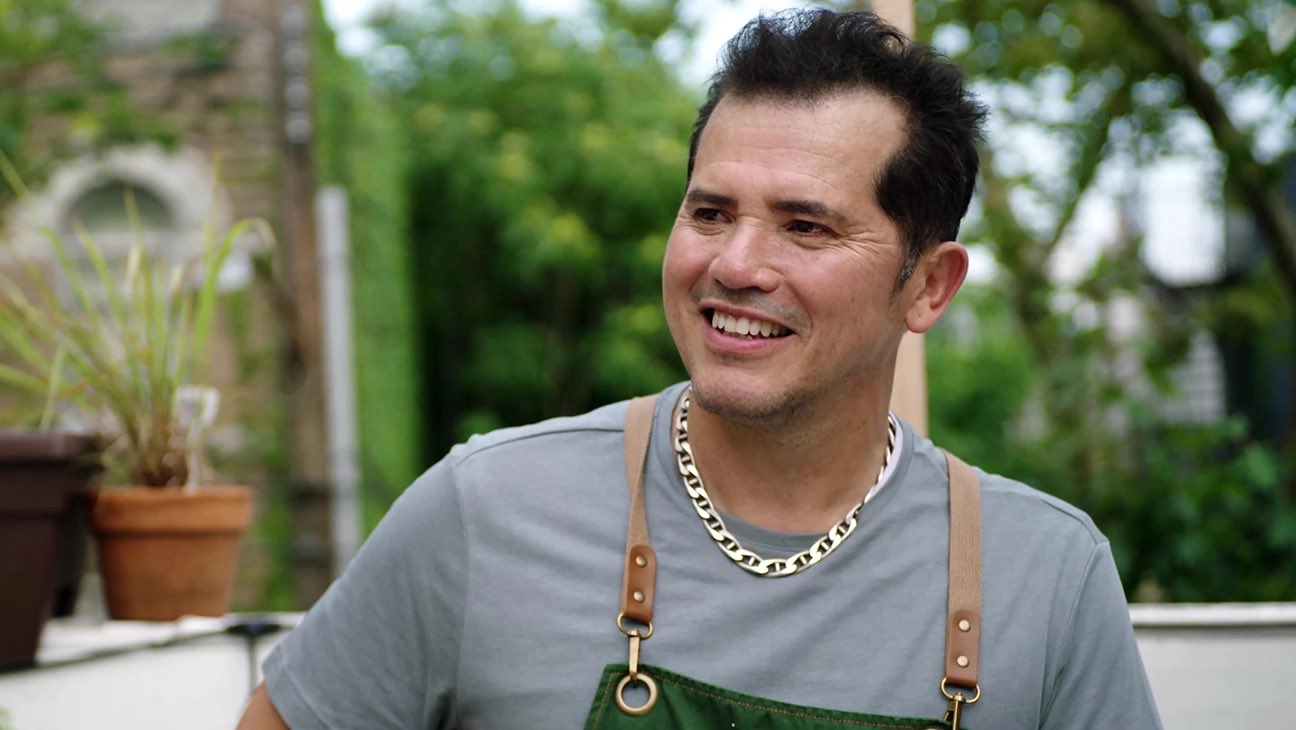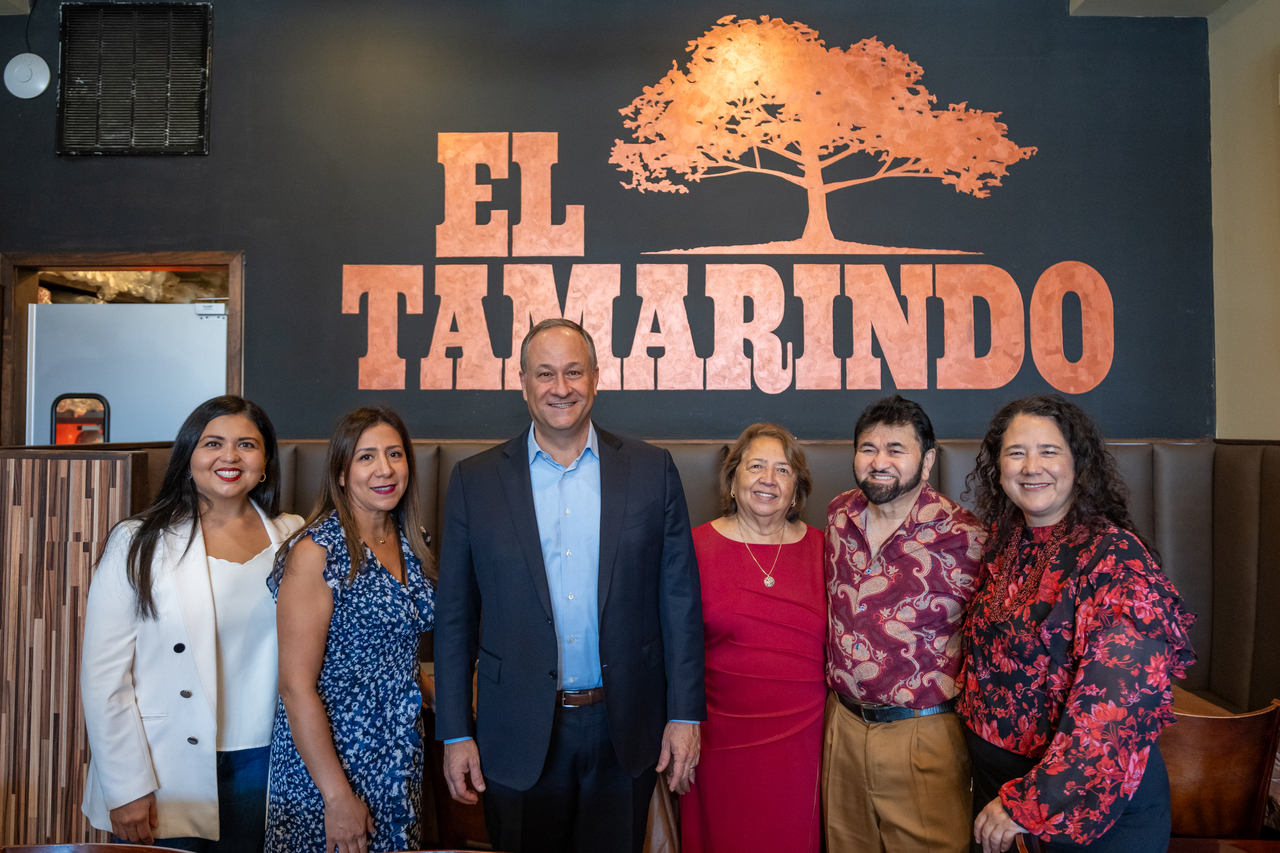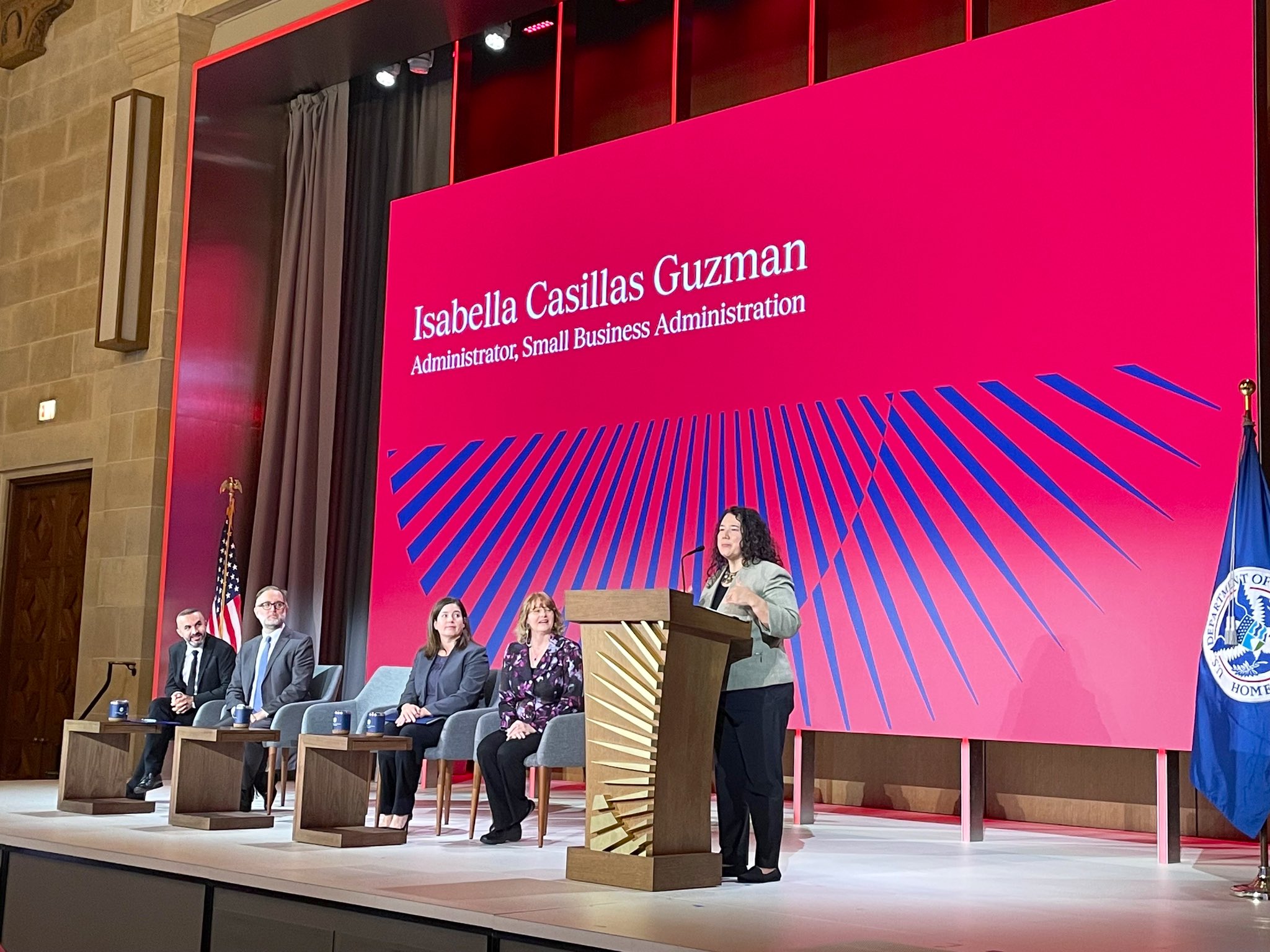
Meet the Latino doctors of 2016
This is the part of a series of articles focusing on some of the heroes and heroines of our community. First up, our doctors.
Sandra Medinilla: Breaking identity barriers
By MARTÍN MARTÍNEZ

The path to the emergency room was not a direct one for Dr. Sandra Medinilla.
“I wanted to do family medicine at the beginning, but initially I didn’t like the pre-med aspect of things so I became a sociology major at Bryn Mawr [College],” she said. “But that experience was eye-opening to me. That is when I began to understand. Even though I was born here, the immigrant story became so much relevant to me when I understood what my parents went through.”
Medinilla is the medical director of violence prevention at the Christiana Care Health System in Delaware. She also works as a trauma surgeon at Christiana Care’s flagship hospital in Newark, Del. Outside of her surgical work, her position as medical director puts her in a position to educate the community as a whole. As such, she has worked with the medical community to deal with community health issues in Delaware such as the rise in gun violence in Wilmington.
“I’m hopeful,” she said. “Since the reports started coming out, everyone has started to talk about it more. And now we’re all trying to help and work within our own little microcosm. The endgame I think, is a culture of peace and love.”
Born in Philadelphia to Guatemalan parents, Medinilla was raised in Wilmington. After Bryn Mawr, she would attend Hahnemann University (now Drexel University) where she got her master’s in public health. Her studies would take her to work with El Comité de Apoyo a Los Trabajadores Agrícolas (CATA), a organization that supports the migrant farmworkers in the region.
“We were using a popular education methodology to teach farmworks about working with pesticides, health issues and things like that,” she said. “It became apparent to me that my community was lacking comprehensive health care that understood their particular health issues and needs as well as their story and migrant issues. ”
“It became apparent to me that my community was lacking comprehensive health care that understood their particular health issues and needs as well as their story and migrant issues. ”
She would eventually go back to school this time with a focus on completing a medical education which she did at Temple University. She would get into trauma surgery at Temple eventually becoming a Surgical Critical Care fellow at the University of Maryland Medical Center in Baltimore.
Medinilla said identifying with patients and with the community is always her goal. Through her work in trauma and now violence prevention she feels she can reach across many different barriers.
“Being a woman, a Latina and a lesbian, identity is very important to me,” said Medinilla. “Especially in my career. In the end I want to reach my patients in any way I can.”
Jimmy J. Ruiz: A family practice many mentors
By MAX MARIN

He gets the question often enough: “Why did you choose gynecology?”
For Dr. Jimmy J. Ruiz, the answer goes back to a medical mentor he met at a young age on his native Staten Island.
His father, an electrician from Puerto Rican, worked at a local hospital. One day, he befriended a young Cuban doctor doing his residency in gynecology and obstetrics at the hospital. They hit it off speaking Spanish with each other, and soon enough, the doctor became an extension of the newlywed couple’s family. Ruiz’s mother, originally from Ecuador, was his patient when Ruiz was born, and remained with him until Ruiz himself entered medical school.
But the friendship didn’t stop with the practice.
After college at Harvard University, Ruiz came to Philadelphia for medical school at Hahnemann. He was still looking for his niche in the field when he got an invitation to spend the day at his mother’s gynecologist's practice. By the time he returned from that trip to Staten Island, his mind was made up: “I said, you know, I could actually see myself doing this.”
He moved just north of the city to Abington Hospital for his own medical residency. At the end of his first week, he got a distinct impression of how highly regarded the partners were, not only by others in the hospital but in the medical community at large. If the insiders — “those who know better” — chose to build their careers with the group, there must be something to it.
Fast forward. Ruiz, now 44, has been in private practice at Abington for 13 years. And yet despite his credentials, the education process continues in his daily practice. And in his mind, there’s no point at which a doctor stops needing mentors to guide him.
“Despite the best medicine, bad things can happen,” he says. “Sometimes you need someone else who understands the situation. Sometimes to say, ‘I’ve been in a similar situation and this is how I got through it.’ Learning is not just how to do the surgery or what medication to prescribe — it’s how to also deal with the emotional issues that arise. And really there’s no good textbook to teach that.”
Abington Jefferson Health has been ahead of the curve. The hospital mandated continuing education before Pennsylvania codified it into law.
Today, Ruiz wishes he could make room for more pro bono clinic work, but other than that he has no complaints. Despite the predominantly white and middle-income community, Ruiz maintains a number of Spanish-speaking clients. “I’m not practicing in the inner city,” he said. “But the Spanish-speaking community doesn’t only live in the inner-city. So I’m still serving a culturally similar community, but not being in the stereotype.”
Nestor Esnaola: Making a difference, one cancer patient at a time
By DOMINIQUE JOHNSON

Doctor Nestor Esnaola is a surgeon in surgical oncology at Fox Chase Cancer Center. He was born in Caracas, Venezuela and has clinical expertise in liver, pancreatic gallbladder, bile duct, stomach, colorectal, and small bowel cancers, as well as extremity and retroperitoneal sarcomas, and melanoma.
Esnaola earned his doctorate degree at the Johns Hopkins University School of Medicine, a master’s degree in business at the University of Tennessee, and a master’s degree in public health at Harvard University, which influenced much of his research interests.
“Cancer is a very interesting process and those patients (who have it) are going through a very difficult time,” Esnaola said. “I enjoy being able to help them through that process and to make a difference in their lives.”
Working in a field that deals with cancer can be challenging, Esnaola said, in the sense that treatment requires a lot of coordination with other specialists including radiologists, gastrologists, medical oncologists, and therapy doctors.
“And you have to act quickly,” Esnaola said, “but you also have to be very careful in your decision-making and make sure you do the right thing at the right time.”
“We follow these patients over a long period of time, I wouldn’t necessarily say that’s challenging, but the most rewarding thing of the job is that we get to make strong relationships with our patients.”
In working with the Fox Chase Office of Health Communications and Health Disparities, Esnaola has led cancer education and screening efforts in the Latino communities in North and Northeast Philadelphia served by Fox Chase Cancer Center-Temple Health.
Esnaola’s research focuses on racial and ethnic disparities in cancer care and outcomes, as well as the clinical impact and cost-effectiveness of alternative staging and cancer treatment strategies
These disparities, Esnaola said, don’t appear to be related to socioeconomic status of patient income or education or a patient’s insurance status.
“When a person has cancer there’s a definite role for surgery, chemotherapy and radiation. So if a patient has, let’s say, a curable cancer and they don’t receive treatment that is required then that patient will not be cured. So, any difference or disparities in potentially curable treatments are really major problems,” Esnaola said. “This is really a serious issues with our healthcare system that needs to be addressed and that’s why I think it’s something we need to focus on. We need to make sure that no patient is deprived of potentially curable treatment.”
Nuria López-Pajares: Offering quality primary care to the local community
By LUCÍA TEJO

Dr. Nuria López-Pajares and her husband, who is also a doctor, arrived in the United States with a plan: they would go back to Spain after five years in the country. More than two decades after their arrival, they are still working in the United States.
López-Pajares, who studied medicine at Universidad Complutense de Madrid and did a fellowship in tropical medicine, started her adventure in the U.S. in St. Louis, Missouri. “It was kind of a shock because the midwest is totally different than the east coast,” she said. “People are very nice but you feel more immigrant in there than you feel in here (in Philadelphia).”
However, the hardest part of the experience was the professional side. “It was really hard because when I arrived here I had just finished my degree and I was nothing until I passed all my exams,” she said. “It was like I hadn’t done anything and that was a tough experience.”
López-Pajares is referring to the tests every foreign doctor needs to pass in order to for their degree to be recognized in the U.S.
“I worked for free in a laboratory for a year, 12 hours per day, while I was studying for my exams. It is hard because you feel nobody recognizes what you have previously accomplished. And it doesn’t count at all until you prove you can do it,” she added
And she did it. She passed her exams and she completed a one year-residency in internal medicine, two years of residency in preventive medicine and public health, and completed her master’s in public health.
After that the couple moved to Philadelphia, where they’ve been for the past 16 years, and where she works as a primary care doctor for Temple Physicians Inc.
“I love to work for Temple because I know that I work at a place where I can offer care to people who otherwise wouldn’t have access to it. Most of our patients have government assistance, and here we help everyone."
Her work puts her in contact with the Latino community. “Currently I’m a little bit disconnected, but I have always been in contact with the community,” she said. “When I started to work, I loved it. I was always volunteering to offer workshops and panels because it helps educate and teach the community.”
She said that speaking Spanish is key to connecting with the community. “It’s a huge advantage, but it took me awhile to learn the differences between the different types of Spanish, especially between the Spanish from Spain and the Spanish from the Caribbean. I feel very proud to say that now I speak ‘Puerto Rican’ and ‘Dominican.’ You have to learn different words — words that you can’t use or have a different meaning— but I loved to learn it and I think it was very enriching,” she said.
Carmen Guerra: Research and programs for a better tomorrow
By ANA GAMBOA

Doctor Carmen Guerra has been part of the University of Pennsylvania since 1996 — first as an instructor and assistant professor in general internal medicine, and currently as an associate professor at Penn Medicine.
Born in Honduras, Guerra was brought to New York City when she was three years old. In her native country, her parents could only receive a sixth grade education, and the lack of opportunities brought them to the U.S. In short, they came for the "American Dream."
Growing up, the sacrifices and hard work were key to her professional development. “In my mind I always felts some sort of pressure to succeed and get myself an education and a college degree,” Guerra said.
When the time came to start thinking about registering for colleges, neither Guerra nor her parents knew how to navigate the system, but her standout performance in high school got her accepted into NYU.
Once in college she realized her love for sciences, and subsequently, medicine. But she had doubts about the time commitment and high cost of the career.
“I remember telling my parents that I was going to major in psychobiology and that that could lead to a career in medicine. They made me feel supported, and that I wasn’t going to be a burden, that they would continue to be behind me for as long as it took,” she said.
Years later, her graduation day became one of the most emotional points in her family’s life.
“We cried all day long, crying tears of joy,” Guerra said. “To me it felt that this huge struggle that they had made to leave their country and their loved ones, to come here and take manual labor jobs. It brought back all the sacrifices that so many Latinos make when they come to this country.”
After graduating NYU, Guerra decided to continue her studies for medical school at the University of Rochester (NY), before settling in Philadelphia.
“When I got here I realized that a lot of the success for physicians here at the university is based on their research, and I decided that I wanted to go back to school,” said Guerra, who later earned a master’s degree in epidemiology at UPenn.
“My career has been so fulfilling since that point, because I was able to use research skills to develop programs to help reach vulnerable populations of minorities.”
She later created an early screening program to test residents for colon cancer. “As doctors we know is not enough for me to say to my patients ‘go get this colonoscopy.’ Patients have a lot of barriers, sometimes they work jobs that pay them by the hour, sometimes is lack of transportation, sometimes they don’t speak English.”
She developed what is called a navigation program, a fairly new concept in medicine that started in the 1990s due to high numbers of minority patients diagnosed in late stages for breast cancer.
Fast forward to 2011, when Guerra started the first colon cancer screening navigation program targeting the area of West Philly. Through the program, patients received instruction and items they must take to prepare their body for the procedure. They are also escorted to the procedure and provided with an interpreter if needed.
“A lot of times they are scared to have this colonoscopy procedure and many of them need the emotional reassurance. We think that if we are able to help those patients complete their test, which not only detect cancer early but prevents it, we are hoping that we will reduce the disparities in colon cancer among minorities,” Guerra said.
According to Guerra, the program has reached over 500 people who completed the test, who previously had a no-show or cancelled appointments. She said the program has been so successful that the hospital adopted it and even expanded it to other zip codes in South and Southwest Philadelphia, where it can offer the same services to more Latino patients.
“Based on the success of this program I created the same thing for breast cancer screening, a city-wide program for low-income or uninsured women, supported by the Healthy Woman Program,” Guerra said.
Currently she is focusing in making the Department of Medicine more diverse and inclusive by building a pipeline for underrepresented groups of students. “We recognized that it is a very big problem that our faculty doesn’t mirror the communities that we take care of,” Guerra said. “I am really looking forward to starting in July and do more outreach to Latinos and African Americans in high school who could consider medicine. A critical piece will be to build the capacity to have mentors for them that will help them navigate the complicated pathway to actually realize that possibility.”










LEAVE A COMMENT:
Join the discussion! Leave a comment.